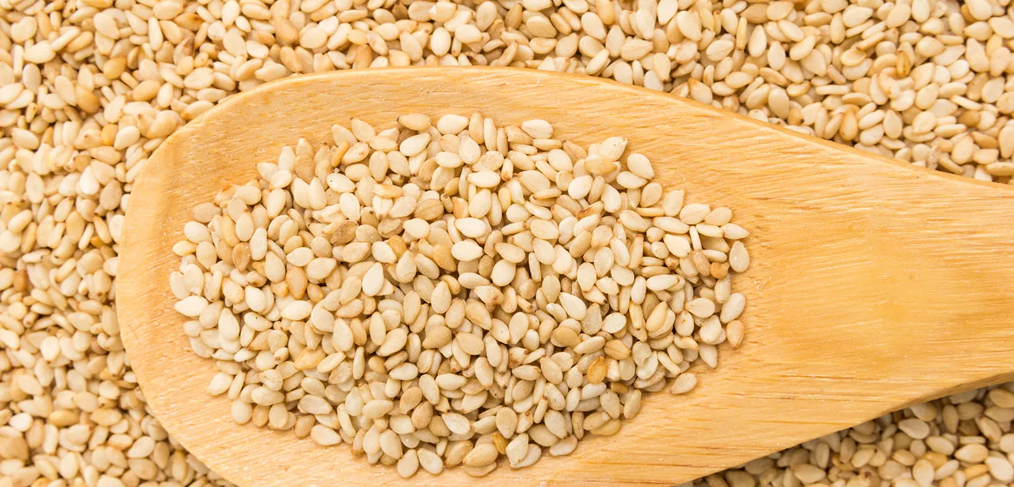Sesame seeds, often overlooked amidst the myriad of superfoods, are a nutritional powerhouse that holds immense potential for health-conscious consumers. As a retailer, wholesaler, agro processor, or simply someone who values wholesome eating, understanding the benefits of sesame seeds can be a game-changer in your product offerings and dietary choices.
Nutritional Profile
Sesame seeds may be tiny, but they pack a punch when it comes to nutrition. These little seeds are rich in essential nutrients including:
- Protein: Sesame seeds are a valuable source of plant-based protein, making them an excellent addition to vegetarian and vegan diets.
- Healthy Fats: They are abundant in heart-healthy fats, particularly monounsaturated and polyunsaturated fats, which contribute to overall cardiovascular health.
- Fiber: Sesame seeds are a good source of dietary fiber, aiding in digestion, promoting satiety, and supporting overall gut health.
- Vitamins and Minerals: They contain important vitamins and minerals such as calcium, iron, magnesium, phosphorus, zinc, and vitamin E, which play vital roles in various bodily functions.
Health Benefits
Incorporating sesame seeds into your diet can offer a plethora of health benefits, including:
- Heart Health: The high content of monounsaturated and polyunsaturated fats in sesame seeds helps to lower LDL cholesterol levels and reduce the risk of heart disease.
- Bone Health: Sesame seeds are a rich source of calcium, which is essential for maintaining strong and healthy bones, making them particularly beneficial for individuals at risk of osteoporosis.
- Antioxidant Properties: Sesame seeds contain antioxidants such as sesamol and sesamin, which help to neutralize harmful free radicals in the body and reduce the risk of chronic diseases.
- Blood Sugar Control: The fiber and protein content of sesame seeds can help to regulate blood sugar levels, making them a valuable addition to diabetic-friendly diets.
- Weight Management: The combination of protein, fiber, and healthy fats in sesame seeds can promote feelings of fullness and reduce calorie intake, thus supporting weight management efforts.
How to Incorporate Sesame Seeds
There are numerous ways to enjoy the nutritional benefits of sesame seeds:
- Sprinkle: Add toasted sesame seeds as a crunchy topping to salads, soups, stir-fries, or yogurt for an extra burst of flavor and nutrition.
- Sesame Butter: Swap traditional peanut butter for tahini, a paste made from ground sesame seeds, as a delicious spread on toast or as a dip for fruits and vegetables.
- Baking: Incorporate sesame seeds into homemade bread, muffins, cookies, or granola bars for added texture and nutritional value.
- Sauces and Dressings: Use sesame oil or tahini as a base for salad dressings, marinades, or sauces to enhance both the flavor and nutritional content of your dishes.
In conclusion, sesame seeds are a versatile and nutrient-dense ingredient that deserves a place in any health-conscious individual’s pantry. Whether you’re a retailer, wholesaler, agro processor, or simply someone who appreciates good food and good health, embracing the benefits of sesame seeds can be a delicious and rewarding journey towards holistic well-being.
Disclaimer
While sesame seeds offer a myriad of health benefits, it’s important to note that this article is not intended as medical advice. Individuals with specific health concerns or dietary restrictions should consult with a qualified healthcare professional or nutritionist before making significant changes to their diet.

